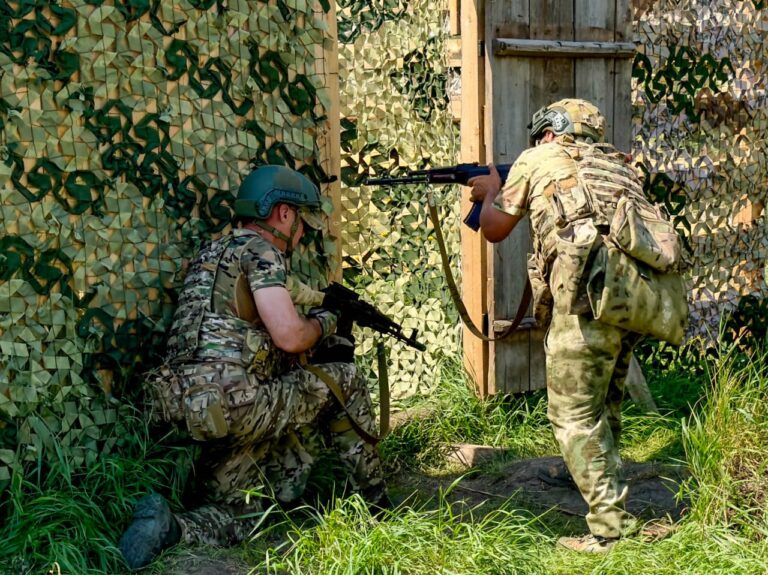Russian regions are launching a large-scale campaign to recruit reservists for specialised BARS units to protect critical infrastructure from drone attacks and sabotage, Kommersant reports.
President Vladimir Putin on November 4 signed a law allowing the use of reservists even in peacetime, which immediately kicked off activity in some 20 regions. Reservists receive soldier status, including social guarantees and financial benefits.
In Bryansk, for example, a rank-and-file soldier can receive 40 thousand roubles a month and a commander 99 thousand roubles, with additional allowances also provided by the regions. The age ceiling, depending on rank, is 50 to 65 years.
Participants in training camps are entitled to an income comparable to that of the army and, in the event of death, their families. Contracts specify deployment within the region, but the law does not prohibit relocation.
In areas such as Tatarstan and Bashkortostan, "mobile firing groups" will operate; elsewhere, defence forces are being formed.
According to the newspaper Kommersant, the formation of specialized reserve units began even before the law was adopted. Among the first to respond was the Leningrad region, which announced the creation of the BARS-47 unit designed to defend against drone attacks and sabotage.
By mid-November, similar recruitment campaigns had started in at least nineteen regions, including Tatarstan, Bashkortostan, and the Nizhny Novgorod region.
The government is also preparing a system of training sessions for those in the mobilization reserve, with a maximum duration of six months per year. During training, reservists are entitled to military pay, social benefits, and the preservation of their income from civilian employment.
Applicants must be medically fit, have at least nine years of education, and possess a clean criminal record.
(swag)
